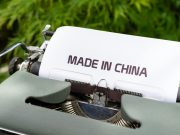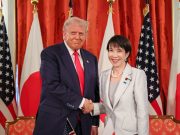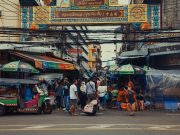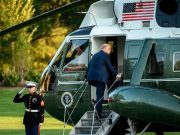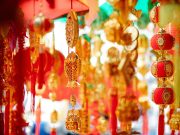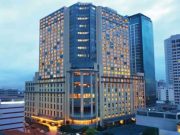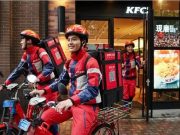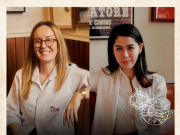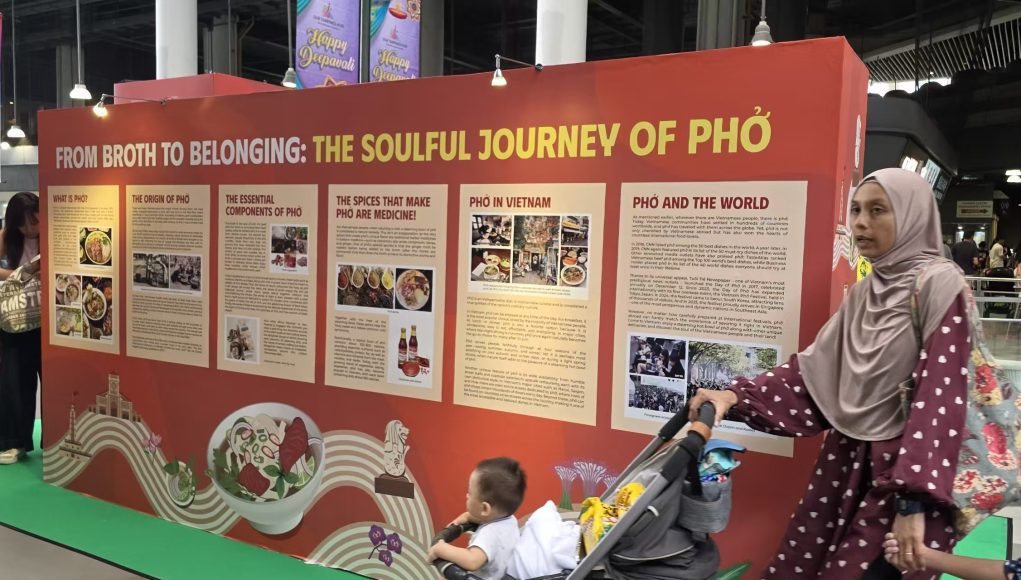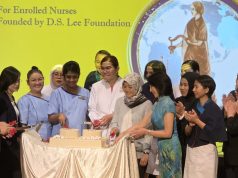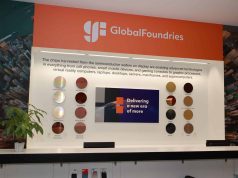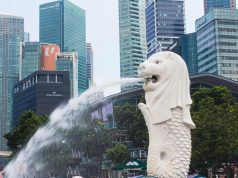(Singapore, 18.10.2025)A steaming bowl of phở is more than just Vietnam’s national dish — it has become a vessel of soft power, a flavorful expression of culture, and a new stage for tourism and investment.
This weekend, 18-19 Oct, the largest residential complex in Singapore -Our Tampines Hub — transforms into a vibrant showcase of Vietnamese culture at the Vietnam Phở Festival, a large-scale event that uses cuisine as the connecting thread between industry, education, and diplomacy.
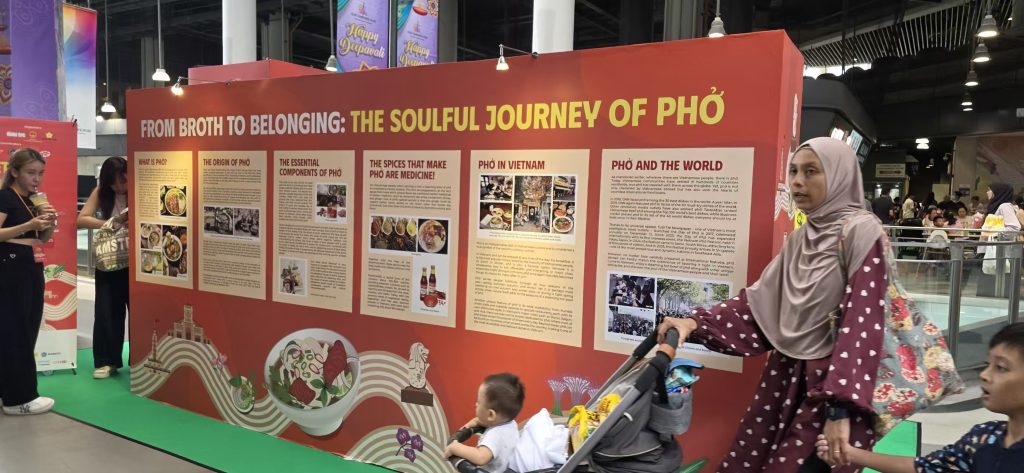
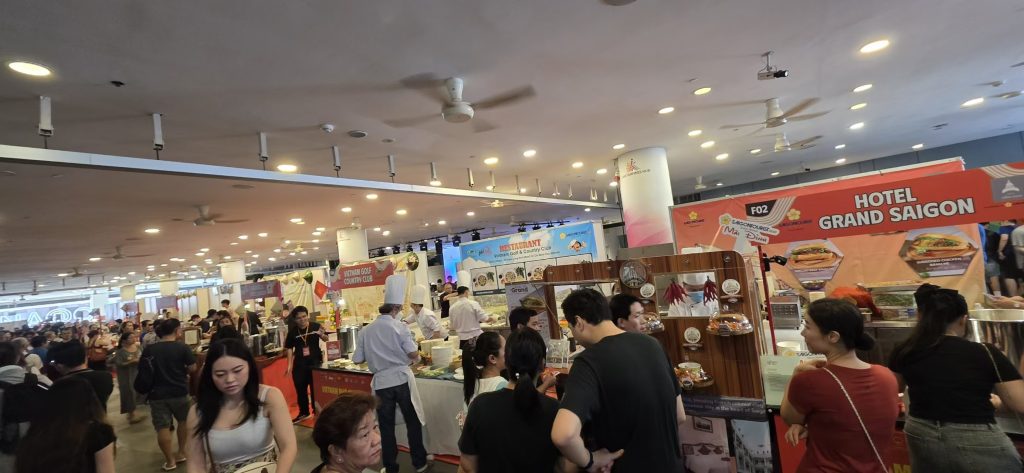
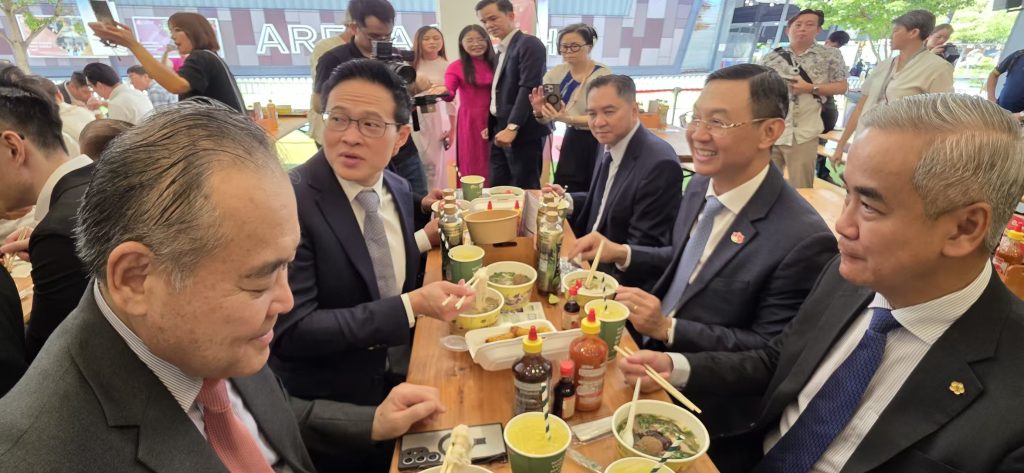
From Food to Industry: A Bowl that Builds Bridges
At the festival, nearly twenty chefs from hotels across Saigon, Hanoi, and Ho Chi Minh City serve their signature versions of phở, attracting long queues of eager Singaporean visitors. Alongside the noodle soup are other Vietnamese favorites — fresh spring rolls, bánh mì, and local desserts — creating a feast that goes beyond taste.
In an interview with Fortune Times, Lê Thế Chữ, Editor-in-Chief of Tuổi Trẻ (Youth) newspaper — the event’s main organizer — said the festival reflects a deeper idea: “Media is not just a channel of information. It is the lubricant for cultural, educational, and economic exchange,” he shared through a translator. “By bringing people together through art, culture, and industry, we strengthen mutual understanding between our two nations.”
As one of Vietnam’s most influential newspapers, Tuổi Trẻ plans to expand its coverage to include Singapore’s culture, gastronomy, education, and economy — “so that Vietnamese readers can understand Singapore, and Singaporeans can understand Vietnam,” said Mr. Lê. “That is what media should do — to promote understanding, respect, and shared growth.”
Singapore marks the third overseas stop of the Phở Festival, following Japan and South Korea. Mr. Lê also revealed plans to deepen partnerships with Singaporean educational institutions — “to build bridges for Vietnamese youth to study and exchange here. Investing in people,” he said, “is investing in the future. And working with Singapore is an investment in that future.”
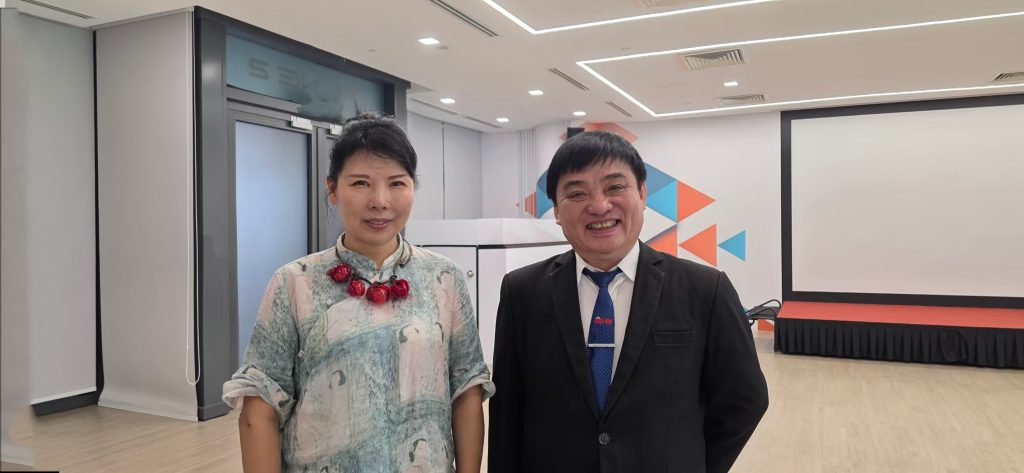
Education and Experience: Turning Phở into a Classroom
Inside Our Tampines Hub, Vietnamese music fills the air as giant screens play documentaries on the history and craft of phở. Complementing the festival is the Vietnam Culinary & Tourism Forum, which explores the post-pandemic transformation of travel behavior.
“Travel today is no longer just about sightseeing,” several speakers noted. “It’s about experience, participation, and learning — like cooking your own phở, visiting a farm, or exploring a night market.”
These immersive trends are reshaping Vietnam’s tourism industry, moving it from conventional sightseeing toward “cultural experience travel.”
One panelist revealed that several universities in Vietnam are now developing a joint program with industry partners titled the Vietnam Culinary Tourism Program, slated to launch in 2026. The curriculum will go beyond cooking skills to include agricultural supply chains, cultural branding, and sustainable tourism management.
“Phở can teach students more than cooking,” said one panelist. “It’s about how culture and commerce come together.”
Among the panelists was Teri Teo, a Singaporean entrepreneur who has invested in food courts in Hanoi under the brand SingShiok!, now expanding in Ho Chi Minh City. “Ho Chi Minh reminds me of Singapore in the 1970s and 80s,” he told Fortune Times. “The city’s first metro line opened last year, new districts are booming, and you can feel the pulse of growth.”
Teri’s concept brings Singapore’s multicultural food heritage to Vietnam — noodle dishes, laksa, roti prata — creating a new space for everyday cross-cultural exchange.
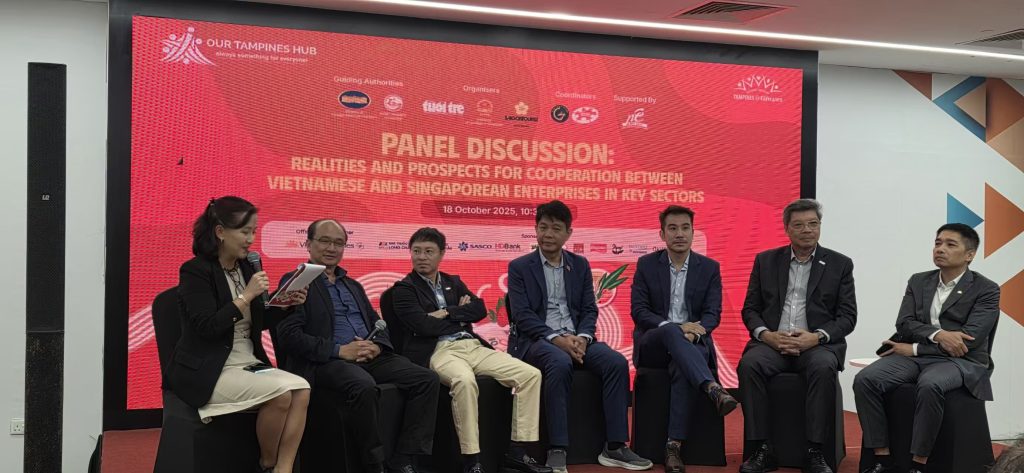
Policy Support: Extending the Heat Beyond the Bowl
Singapore remains Vietnam’s second-largest foreign investor, with cumulative investment exceeding US$83 billion, the highest among ASEAN countries.
In a interview with H.E. Tran Phuc Anh, Vietnam’s Ambassador to Singapore, he shared that Vietnam is carrying out systemic reforms to attract more investors and tourists — from streamlining approval processes to launching one-stop investment services.
He also highlighted Vietnam’s new visa liberalization policy, now allowing travelers from Europe, South Korea, Japan, and ASEAN countries visa-free entry for up to 30 days. “We are opening up, building infrastructure, and welcoming long-term investors,” the ambassador said.
Nationwide, Vietnam is accelerating the construction of highways, metro lines, seaports, and airports, creating new opportunities for investors from Singapore — not only in manufacturing, but also in green energy, sustainable technologies, and advanced infrastructure.
“Investors coming to Vietnam today,” he emphasized, “are not just building factories — they are joining a fast-emerging economy in transformation.” He hopes that within three to four years, Singapore will become Vietnam’s largest foreign investor.
Behind every bowl of phở lies an ecosystem — agriculture, education, policy, and enterprise — simmering together in harmony. Vietnam is using soft culture to drive hard economics, and its culinary diplomacy is fast becoming a model of how taste can translate into trust.



